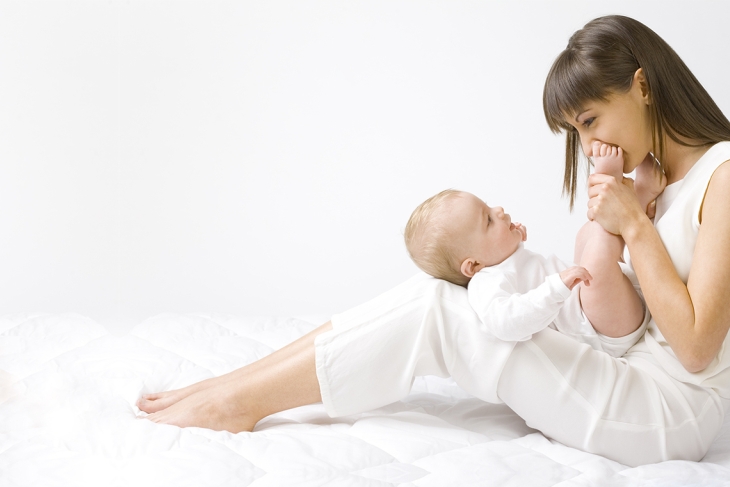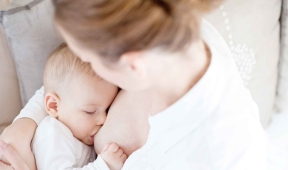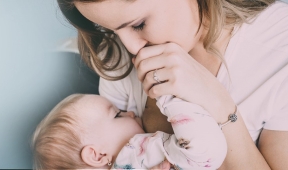Breastfeeding made easy
Overview
What diet for breastfeeding mums?
Breastfeeding promotes weight loss since it expends extra calories. No particular foods are totally banned and it is not necessary to eat more. Although a varied and balanced diet should always be favoured, no foods need to be systematically avoided. The allergy risk to baby is the only factor to be taken into account in terms of adjusting your diet and producing the best breast milk. However, some foods or substances should be watched and limited. For example, too much caffeine should be avoided, and coffee should be limited to no more than three cups per day.
A few accessories to make breastfeeding easier
There are three essential accessories that help protect against infections and cracked nipples, in particular.
• Nursing pads
Placed over the nipples, these stop clothes becoming stained if you leak milk between feeds. They need to be changed regularly so that nipples are not in a moist environment that could encourage infections.
• Breast shells (or nursing shells)
These are used to collect excess milk between two feeds to stop clothes becoming soiled. Nipples are kept dry so there is less risk of infection than with pads. However, they may constantly stimulate the nipple area, increasing milk production.
• Silicone nipple shields
These are placed over the nipple to protect it while breastfeeding. They are often used if the nipple is sore or damaged, especially in the event of cracks. Some babies may have difficulty latching on correctly and don’t like the way this accessory feels in their mouth. To help ensure the breastfeeding period goes well, it’s important not to change your habits drastically. A healthy diet, without particular restrictions, and possibly some protective accessories are all that’s required to breastfeed your baby without any major problems. However, new mums may encounter a few minor difficulties when breastfeeding.



